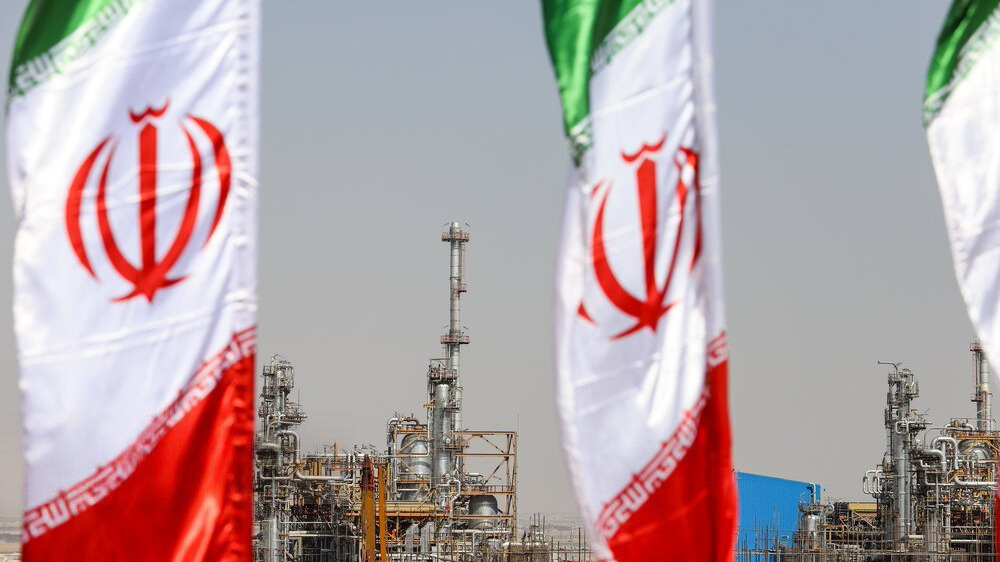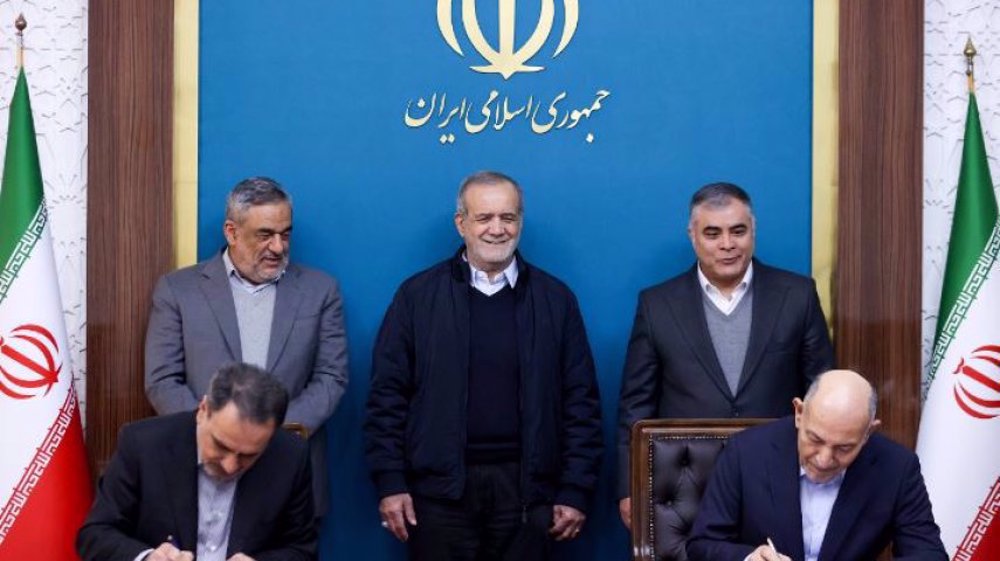European refiners to buy Iran oil once nuclear deal achieved
European refineries have indicated their readiness to restart purchasing Iranian crude oil as nuclear talks between the Tehran and six world powers approach their final stage with a comprehensive nuclear deal in the offing.
According to Bloomberg, refiners based in Spain and Greece have indicated that they are ready to resume purchasing crude oil from Iran when the country returns to oil markets.
Meanwhile, Italy’s Saras SpA was quoted by Bloomberg as saying that it would buy Iranian crude if sanctions were to end, while Spain’s Cepsa SAU said it will “definitely” consider the option.
Hellenic Petroleum SA, one of the largest oil companies primarily operating in Greece, South Eastern Europe, and the East Mediterranean, also announced that the return of Iranian crude oil will be positive for refiners.
“As soon as Iranian oil becomes available, we will certainly start buying again,” Loukas Tripelopoulos, a spokesman for Motor Oil Hellas SA, said by email on July 3, adding, “Motor Oil was always very fond of Iranian crude.”
According to data released by the International Energy Agency, Italy, Spain and Greece were the top European buyers of Iranian crude until the imposition of sanctions against the country in 2012. The three countries imported 456,000 barrels a day of Iranian crude in 2011, which accounted for 78 percent of total Iranian shipments to Europe.
Sanctions against Iran were imposed by the US and European Union at the beginning of 2012, alleging that there was diversion in Iran's nuclear program toward military objectives; an allegation that Iran categorically rejected.
Iran and the P5+1 countries - the United States, Britain, France, Russia, China and Germany – are currently engaged in crucial talks in the Austrian capital, Vienna, to reach a landmark comprehensive deal over Tehran’s nuclear program.
The negotiating sides missed an initial deadline of June 30 and all parties agreed on a new deadline on July 7. However, in the wake of the outstanding issues in the talks, EU foreign policy chief, Federica Mogherini, said last Tuesday that the negotiations would continue for "a couple" of more days.
According to Ehsan Ul-Haq, a senior analyst at KBC Process Technology Ltd., the return of Iran oil to international market will be positive for refiners that have replaced some of their needed oil with more expensive variety coming from Russia’s Urals.
In early June, an Iranian Ministry of Petroleum official said Iran's return to global oil market will not necessarily lead to further drop in oil prices, provided that other producers adjust their crude output to make room for Iran.

Also, in his address to the 6th OPEC International Seminar in Vienna, Iran's Minister of Petroleum Bijan Zanganeh said Iran's return to global oil market will be gradual once international sanctions against the country are lifted.
“I wrote a letter to OPEC member countries. It is our right to return to the market,” Zanganeh told reporters, adding that other OPEC members should cut production to make room for Iran’s return to its former production level so that Iran's re-entry into the market would not lead to a new drop in oil prices.
VIDEO | Elderly Palestinian woman attacked by settlers near Ramallah
VIDEO | Hezbollah holds rallies in solidarity with Iran
Iran warns UN Security Council over explicit US military threats
Araghchi: Recent riots aimed at provoking another US war against Iran
Larijani: Ringleaders of rioters in recent unrest identified, some arrested
VIDEO | Solidarity summit: Global call for Palestinian education
VIDEO | Press TV's news headlines
Hamas says it fulfilled all its obligations under Gaza ceasefire deal










 This makes it easy to access the Press TV website
This makes it easy to access the Press TV website